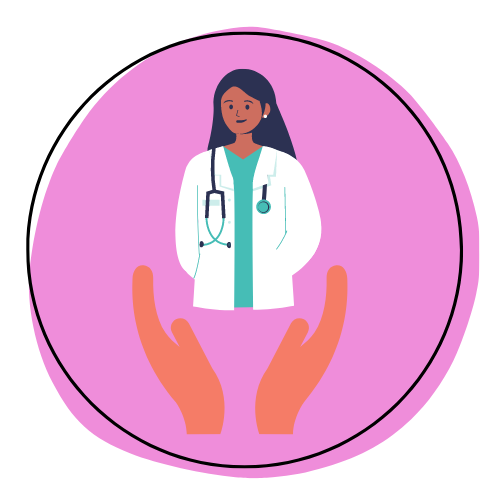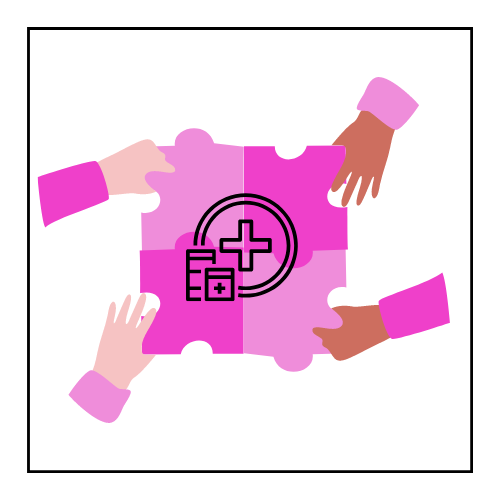
A new mapping study looks at barriers experienced by Gypsy, Roma and Traveller communities when accessing health services and makes key suggestions to improve uptake.
The study, which can be read here, was carried out by Jay Harley and Jasmine Jones of Gypsies and Travellers Wales and Dr Rhiannon Evans of DECIPHer. It was commissioned by Public Health Wales, who are seeking to understand communicable disease service provision for a range of underserved groups.
Why these communities?
Gypsy, Roma and Traveller communities experience some of the poorest health outcomes and health inequalities among any population in the UK (House of Commons & Equalities, 2019).
In England and Wales:
- Data from the 2011 Census found that in England and Wales, Gypsies and Irish Travellers had the lowest proportion of respondents rating their general health as ‘good’ or ‘very good’ (70%) compared to the overall population (81%) (Cook et al., 2013; Office for National Statistics, 2014).
- These communities live between five and 25 years less than the wider UK population (European Commission, 2019; Parry et al., 2007).
- They experience up to six less Quality Adjusted Life Years (i.e. years lived in good health) (European Commission, 2019; Parry et al., 2007).
Health service mapping
The research team mapped the services available to Gypsy Roma and Traveller communities and explored their experiences of healthcare providers.
Mapping consisted of two activities:
- Consultation with organisational advisors and other relevant networks to generate a map of services currently used by Gypsy and Traveller communities in South Wales.
- A brief scoping review of the evidence-base to establish the potential effectiveness of services, examples of best practice, and barriers and facilitators to service delivery and receipt.
Key Findings
The consultation identified a significant lack of services tailored specific to the needs of Gypsy, Roma and Traveller communities in Wales. While there is a lack of best practice models, available examples focus on co-production and community outreach.
Both the consultation and review identified a range of barriers to the service uptake. These include:
- The stigma related to negative stereotypes among health professionals;
- A lack of access, especially where communities may travel for prolonged periods of time;
- Information and medication may not be suitable in terms of language and literacy, especially where there is a tradition of oral communication;
- Insufficient cultural humility, including a lack of recognition that some health areas (e.g. sexual health) may not be appropriate for discussion;
- Inadequate resources.
Recommendations
The report includes suggestions from the evidence base on how health services in Wales can be improved to meet the needs of Gypsy, Roma and Traveller communities. These are specific to communicable diseases but are relevant to health more broadly.
The four main recommendations are:

More healthcare data
Given a paucity in healthcare data for Gypsy, Roma and Traveller communities in Wales, this needs to be strengthened to support understanding of the health needs, risk profiles and outcomes of these populations in Wales.

Support GPs
The most commonly used and preferred healthcare provider by Gypsy, Roma and Traveller communities is General Practitioners (GPs), who may be further supported in meeting culturally specified needs.

Co-produce new services
Newly tailored services may need to be developed, and these should be co-produced with the communities they intend to engage.

Use a holistic approach
Welsh Government and Public Health Wales should consistently and systematically attend to the needs of Gypsy, Roma and Traveller communities across all health areas. This includes addressing the systematic drivers of poor health, such as housing, and ensuring that appropriate services are being delivered.
What next?
Dr. Rhiannon Evans says: ‘This service mapping is an important piece of work in starting to understand how we are meeting the health needs of Gypsy, Roma and Traveller communities in Wales. It clearly identifies some key gaps and limitations, giving us a steer for future research, policy and practice in this area.’
Read the report here: Service Mapping for Communicable Disease Inclusion Health Programme: Gypsy and Traveller Communities in Wales
